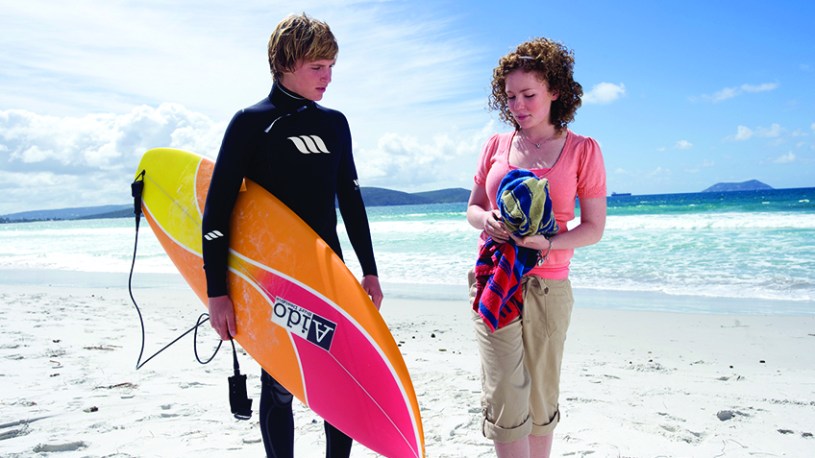‘Lockie Leonard’ series 2.
Almost everyone accepts that it’s time to re-visit the current C and P regulations and come up with a system that is fit for purpose – but just getting rid of them and doing nothing is not the solution either.
In the UK the Parliament and the regulator (Ofcom) are requiring commercial free-to-air broadcasters to be a part of the solution. In 2003 children’s content quotas were removed from the British FTA commercial broadcasters (known over there as the PSBs, or Public Service Broadcasters).
The decline in local children’s television commissions was so dramatic that in 2017 the UK Parliament sought to reverse this decision by legislating to give Ofcom power to publish criteria for the provision of children’s programs and, if appropriate, set conditions on the channels (Channel 3, 4 and 5) to ensure they complied.
Ofcom has recently completed a review to assess how it might use these new powers. Here are seven points that Ofcom makes in its report that are useful for Australian policy makers to consider in our own context.
#1. Ofcom noted that children are viewing a wide range of content on online platforms which have many advantages. But they also pose greater risks to children because they operate on much lower levels of regulation than broadcasters. Ofcom thinks online providers should be more accountable when it comes to guarding for quality on children’s services and it flagged more consideration to come on how independent regulation could play a role in helping to protect people, including children, when they are online.
#2. Ofcom found that locally produced children’s content matters and that children should have access to high quality, original programs that reflect their lives and help them navigate the world in a way that’s relevant to them.
#3. Ofcom said that it expected the BBC to lead the way and noted that it had set increased requirements for children when it set the BBC’s Operating Licence in 2017. (Unlike Australia, where the ABC does not have quotas or external reporting requirements on levels of locally produced children’s content, in the UK the BBC now reports to Ofcom on these matters.
#4. Ofcom found that the provision of high quality children’s content should not be left to the BBC alone and said that the commercial free-to-airs should provide an alternative source of British children’s content.
#5. Ofcom concluded that there was a need for the commercial free-to-airs to re-vitalise their approach to children’s television, with UK made programming that children value.
#6. Ofcom found that broadcasters need to exploit the opportunities provided by the internet to ensure young audiences have access to high quality programs in ways that reflect their viewing habits.
#7. Ofcom has asked that the commercial free-to-airs provide a plan setting out how they will increase their provision for children.
All of this is equally relevant in the Australian context, where the commercial broadcasters are seeking to be rid of all quotas, the levels of Australian children’s content on the ABC are not protected by any mandate, and the funding of Australian children’s content is inconsistent. The Ofcom report makes great reading and is available here.
Jenny Buckland is CEO of the Australian Children’s Television Foundation


